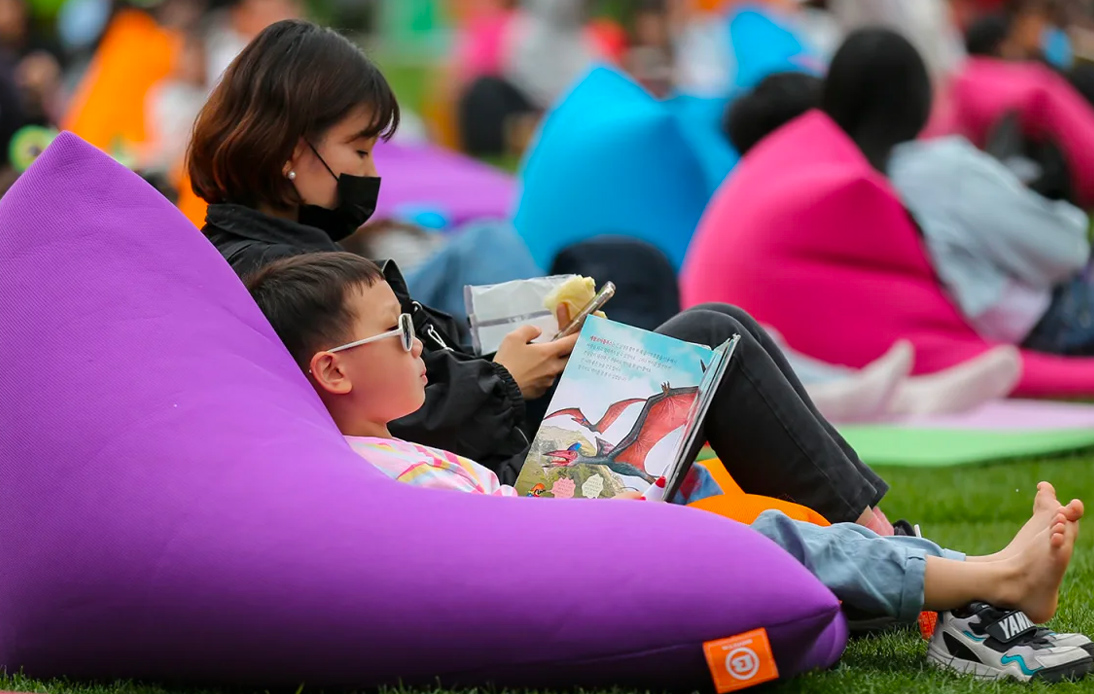
Over 51 million people in South Korea found themselves legally younger by a year or two when they woke up on Wednesday.
As of Wednesday, a new law has been enforced whereby “all judicial and administrative areas” throughout the East Asian nation will embrace the “international age” system, which is prevalent worldwide.
This puts an end to longstanding discussions concerning issues that arose from the previous simultaneous use of the “Korean age” and “calendar age.”
Lee Wan-kyu, the Minister of Government Legislation, stated during a news briefing on Monday that the age unification will “reduce various social confusions and disputes”.
The regulation, endorsed by the South Korean Parliament in the previous December, is predicted to “greatly reduce social costs that have been unnecessary due to the mixed use of age standards”, according to Minister Lee.
This major commitment was a key part of President Yoon Suk-yeol’s campaign, who took over the office last May.
The Trio of Systems
“International age” in South Korea represents the years since a person’s birth, starting at zero – a system that aligns with most of the globe.
However, if South Koreans are casually asked their age, they typically respond with their “Korean age,” which might be one or two years more than their international age.
Under this system, which originates from China, a newborn is considered to be one-year-old, with an additional year added each January 1.
South Koreans sometimes utilize their “calendar age” as well – a blend of international and Korean age. According to this system, newborns are zero at birth and an additional year is added to their age each New Year’s Day.
Consider Psy, the singer of “Gangnam Style”. Born on December 31, 1977, by international age he’s 45; by calendar year age, he’s 46; and by Korean age, he’s 47.
Navigating these multiple systems in daily life can indeed be confusing.
The New Norm
Despite the recent age standardization, the government announced on Wednesday that the old systems will still be applicable in certain situations.
For instance, the standard entry age for elementary school is March of the year following their 6th birthday (in international age), irrespective of their birth month – a practice that will continue.
Age-restricted items like alcohol or tobacco will still be governed by birth year, not by month. This indicates that two individuals born in January and December 1990 are considered the same age.
Under the law, individuals can purchase alcohol from the year they become 19 (in international age).
This method will persist for South Korea’s compulsory military service, where eligibility is determined by birth year rather than specific age or birth date.
Minister Lee explained on Wednesday that “the government decided to contain such exceptions even after the revisions go into effect, as it is easier to manage such issues on a yearly basis.”
It is expected that many citizens will continue to use the traditional Korean age system in their daily life and social situations.
However, there are those who will welcome the change. A survey by the Ministry of Government Legislation showed 86.2% of participants expressed a willingness to use the international age system.
This is indeed a triumph for legislators who have been advocating for international age standardization, weary of the confusion from multiple systems.





















